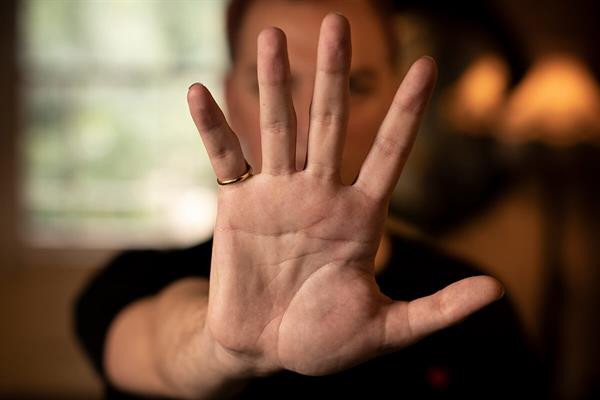Brain Tumour Research is delighted that Stop the Devastation has been recognised as one of PR Week’s ‘Eight healthcare campaigns we liked in 2021’.
The list, compiled by the title which is the leading source of news and analysis for the public relations industry, features standout campaigns from a “crowded field” in the last year.
Stop the Devastation starred brain tumour patients and those who have lost a loved one to this devastating disease. They worked with the charity to raise awareness of brain tumours, expose the historic underfunding for research into the disease and encourage people to donate to help stop the devastation.
We launched the outdoor awareness campaign in June, using videos, posters and flyers that were showcased throughout summer at many major music festivals. With support from headline acts and affiliated organisations, and impressive UK-wide press coverage, we reached millions of people across the UK. Our #NoMore social media movement also saw celebrities, including Stephen Fry, Dame Sheila Hancock DBE and Danny Clarke, getting involved to help raise awareness.
Sue Castle-Smith, our Head of PR and Communications, said: ”We are extremely proud that Stop the Devastation has been recognised in this way and we remain indebted to the patients and families who bravely shared their stories to help raise awareness of this devastating disease.
“Stop the Devastation laid bare the powerful and painful truth about brain tumours – they are indiscriminate, can affect anyone at any age, there is no cure and for many, sadly, there is little or no hope. We thank all of our supporters who joined our movement to help us get closer to a cure.”
Related reading:
If you found this story interesting or helpful, sign up to our weekly e-news and keep up to date with all the latest from Brain Tumour Research.

